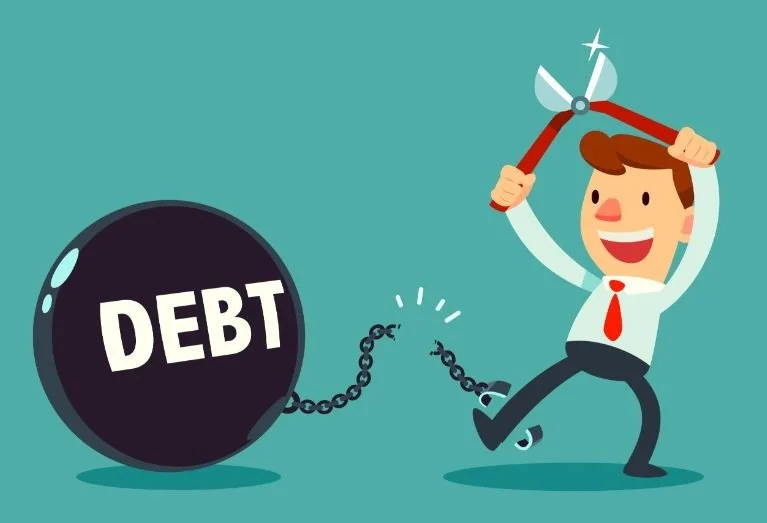Debt Management
Click below to read the full report
Debt Management
Interest rates have risen astronomically since April 2022. With debt levels being discussed around the globe, from the US’ debt ceiling to the Victorian Governments forecast $162 billion in the red by 2025/2026, we thought it a good time to discuss debt management strategies and some Do’s and Don’ts.
Strategies for Effective Debt management
Create a budget: Start by creating a comprehensive budget that outlines your income, expenses, and debt obligations. Smart device apps like ‘Buddy’ and ‘Frollo’ are free and easy to use. They can identify areas for cost cutting. Any savings you can make can be directed towards debt repayment or investments via a savings plan.
Prioritise high-interest loans: If you have multiple loans, focus on paying off the ones with the highest interest rates first. By tackling high-interest loans, you can save money on interest payments in the long run.
Make extra payments: Whenever possible, try to make extra payments towards your loans. This can help you pay off the principal amount faster, reducing the overall interest you'll need to pay. Even small additional payments can make a significant difference over time.
Consider debt consolidation: This is where you take two or more liabilities and combine them together to be one, it gives you a single payment and may also provide you with a lower repayment amount, or even lower interest rate; Beware though! Often debt consolidation will lead to a longer repayment time frame as the users of these facilities are generally trying to reduce their monthly obligations. This leads to an overall higher cost in the long run compared to multiple loans.
Avoid the common debt traps like Credit cards: Take advantage of interest free periods, but always pay down balances in full where possible. Use your credit card for planned expenses.
High-cost debt, such as payday lending: Emotional spending and impulse buying has seen a boom over the past few years, as buy-now-pay-later infiltrates the psyche of consumers. Just beware though if you miss repayments there are often late fees incurred as well as mark on your credit card.
Emergency funds: Having emergency funds is critical should you need to cover unexpected expenses and prevents reliance on credit cards or loans. Set some savings targets, with any surplus funds being sent to building and growing your emergency funds. Making these hard to access is a two-edged sword – make it too tricky and you’ll lose access altogether.
Use windfalls or bonuses wisely: If you receive unexpected income like a tax refund, work bonus, or any other windfall, consider putting a portion or all of it towards your loan payments. This can help you make significant progress in paying down your debt.
Stay committed and motivated: Paying down debt takes time, so it's important to stay committed and motivated throughout the process. Set realistic goals, track your progress, and celebrate milestones along the way to stay motivated.
Professional help through counsellors or financial planners is a phone call away. A problem shared is a problem halved, with financial strain a common issue it can impact relationships and health.

